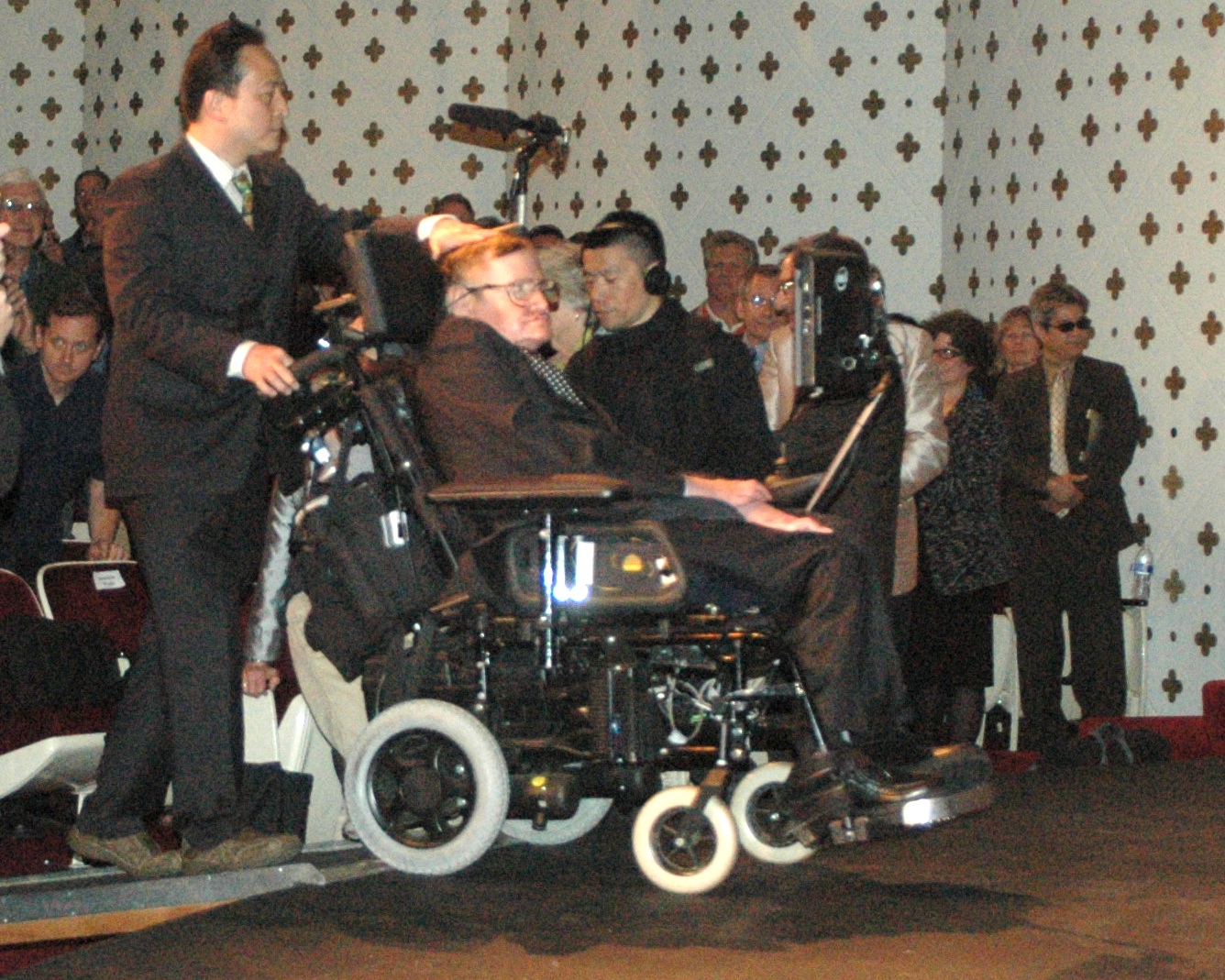Cosmologist Stephen Hawking Boycotts Israeli Conference

Cosmologist Stephen Hawking has decided to pull out of a major Israeli conference slated for June 18-20 in Jerusalem, stating his support of an academic boycott of the country, according to news reports.
"This is his independent decision to respect the boycott, based upon his knowledge of Palestine, and on the unanimous advice of his own academic contacts there," reads a statement by the British Committee for the Universities of Palestine (BRICUP), which is an organization of U.K.-based academics set up in response to the Palestinian Call for Academic Boycott.
(That statement was approved by Hawking, according to BBC News.)
The conference, the Israeli Presidential Conference Facing Tomorrow 2013, will celebrate the 90th birthday of Israeli President Shimon Peres, according to the BBC. The fifth such annual conference "will look at tomorrow and engage the central issues that will influence the face of our future: geopolitics, economics, society, environment, culture, identity, education, new media, and more," according to the conference website.
The 71-year-old cosmologist was set to give an address at the conference, where former U.S. President Bill Clinton is scheduled to receive an award and other big names are slated to speak, including David Axelrod (a former senior advisor to President Barack Obama), actress Sharon Stone and Harvard professor emeritus Lawrence Summers, among others, according to the conference schedule.
"The situation is that he's discussed it with fellow academics and has decided, for personal reasons, not to attend the conference in June," a University of Cambridge spokesman said, as quoted by the BBC.
Regarded as one of the most brilliant theoretical physicists and greatest minds since Albert Einstein, Hawking, who suffers from Lou Gehrig's disease (ALS), has contributed greatly to our understanding of the universe. He determined that on the quantum mechanical level, matter can actually escape from black holes, and that black holes emit particles in a process he called Hawking radiation.
Get the world’s most fascinating discoveries delivered straight to your inbox.
Follow LiveScience @livescience, Facebook & Google+.
Jeanna Bryner is managing editor of Scientific American. Previously she was editor in chief of Live Science and, prior to that, an editor at Scholastic's Science World magazine. Bryner has an English degree from Salisbury University, a master's degree in biogeochemistry and environmental sciences from the University of Maryland and a graduate science journalism degree from New York University. She has worked as a biologist in Florida, where she monitored wetlands and did field surveys for endangered species, including the gorgeous Florida Scrub Jay. She also received an ocean sciences journalism fellowship from the Woods Hole Oceanographic Institution. She is a firm believer that science is for everyone and that just about everything can be viewed through the lens of science.


